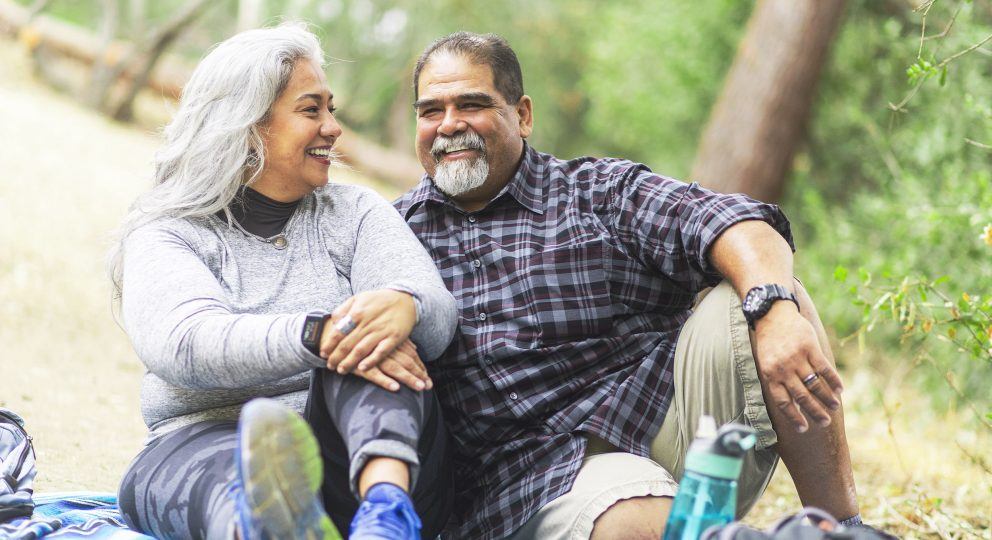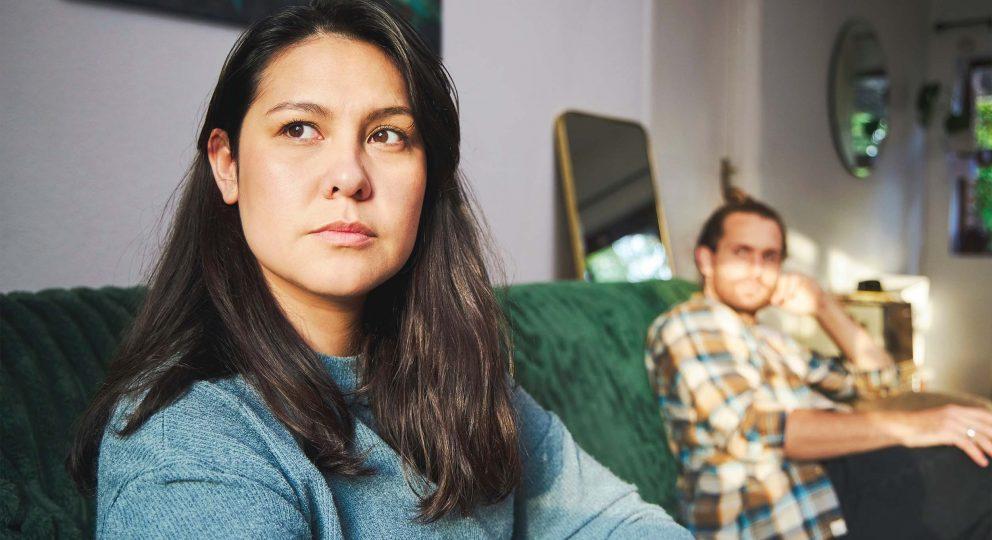My husband and I had a conflict over the weekend. The details aren’t worth going into, but it was an issue that came up and we weren’t able to resolve it.
We agreed that we would make time to talk more about it soon and would “do a Gottman process.” So, this morning, I got out our old Gottman workbook and turned to the page on gridlocked issues.
Let me pause the story here to set the scene a bit. My husband and I have been reading the Gottman books and practicing the techniques since we started dating in 2004. In 2019, we decided to go further with our Gottman work and we attended a Gottman weekend workshop. On the professional side, I have since deepened my learning and went through levels 1 and 2 of the Gottman Method Couples Therapy; now I’m bringing Gottman methods to my clients.
OK, back to the story.
After I pulled out the workbook, I noticed that I had written notes on the gridlocked issue pages. Perhaps obviously, though it didn’t seem so in the moment, the issue that my husband and I worked through the last time we did the gridlocked process (probably a year ago) is the same issue that is coming up now.
I guess that’s why it’s a gridlocked issue for us.
Since I’m a relationship coach, should I have all this stuff figured out? Should I not have conflicts with my husband? Should our relationship always be harmonious and peaceful?
No, No, and No.
There are some things in life that are one and done kind of things. For instance, I’d like to: take a spin class from Bob Harper, go to Italy, and go on a sewing retreat. Those are things that I’d like to do at least once.
Then, there’s another category of activities that are a continual practice. Yoga is a great example. You don’t do yoga once and call it done. It’s a yoga practice; you keep doing it. Same with meditation. It’s a continual practice where we get good (or at least better) at settling our mind and focusing on our breath.
Similarly, the Gottman techniques are a practice that we continually use and hopefully get better at using. We don’t use them once and then have a harmonious relationship until the end of time.
Here are some actionable techniques to bring into your relationship practice. These are ones that my husband and I use on a somewhat daily basis in order to keep our marriage healthy, and these are techniques that I often teach to my coaching clients.
- Ask Open-Ended Questions. Think back to the beginning of your relationship. If you’re like the couples I work with, the beginning of your relationship was filled with asking each other questions. At some point, the questions faded away. You may have started to think that you knew who your partner was and you started to lose some curiosity about them. The recommended technique here is to maintain your curiosity about one another. We all change continually and it’s important to keep learning about your partner. So, ask your partner open-ended questions and be prepared to answer the same questions honestly. (If you want more guidance here, I share an open-ended question with my email subscribers every Friday. It’s a great weekend activity for you and your partner. If you want to get this email, sign up for my Recharge Your Relationship free guide; after I send you the guide, you’ll be on my list to receive these open-ended questions every Friday.)
- Give Specific Appreciations. We all like to feel appreciated by our partner; it feels good and creates an overall positive atmosphere in your relationship which will help you get through tough times when they arise. Here’s a formula to start with: I appreciate [something specific] about you and that is important to me because [reason]. Here are some examples. “I appreciate how you changed the lightbulb last night; this was important to me because I needed to wake up early this morning for work and my early morning video call would have been quite difficult if the light wasn’t working.” “I appreciate how loving you are with our daughter; I’m so glad we are giving her the opportunity to grow up in a house full of love.”
- Do Small Things Often. It’s not about renting a limousine which ends in a sunset picnic on a secluded beach. It’s not about buying a dozen roses once a year. Just do small things over and over again. Here are some small things to get you started. Smile when you see your partner. Say something nice to them. Do a tiny special thing for them that you know they would appreciate. And, repeat.
My clients are the same as my husband and me. We all want to improve our relationship practice.










